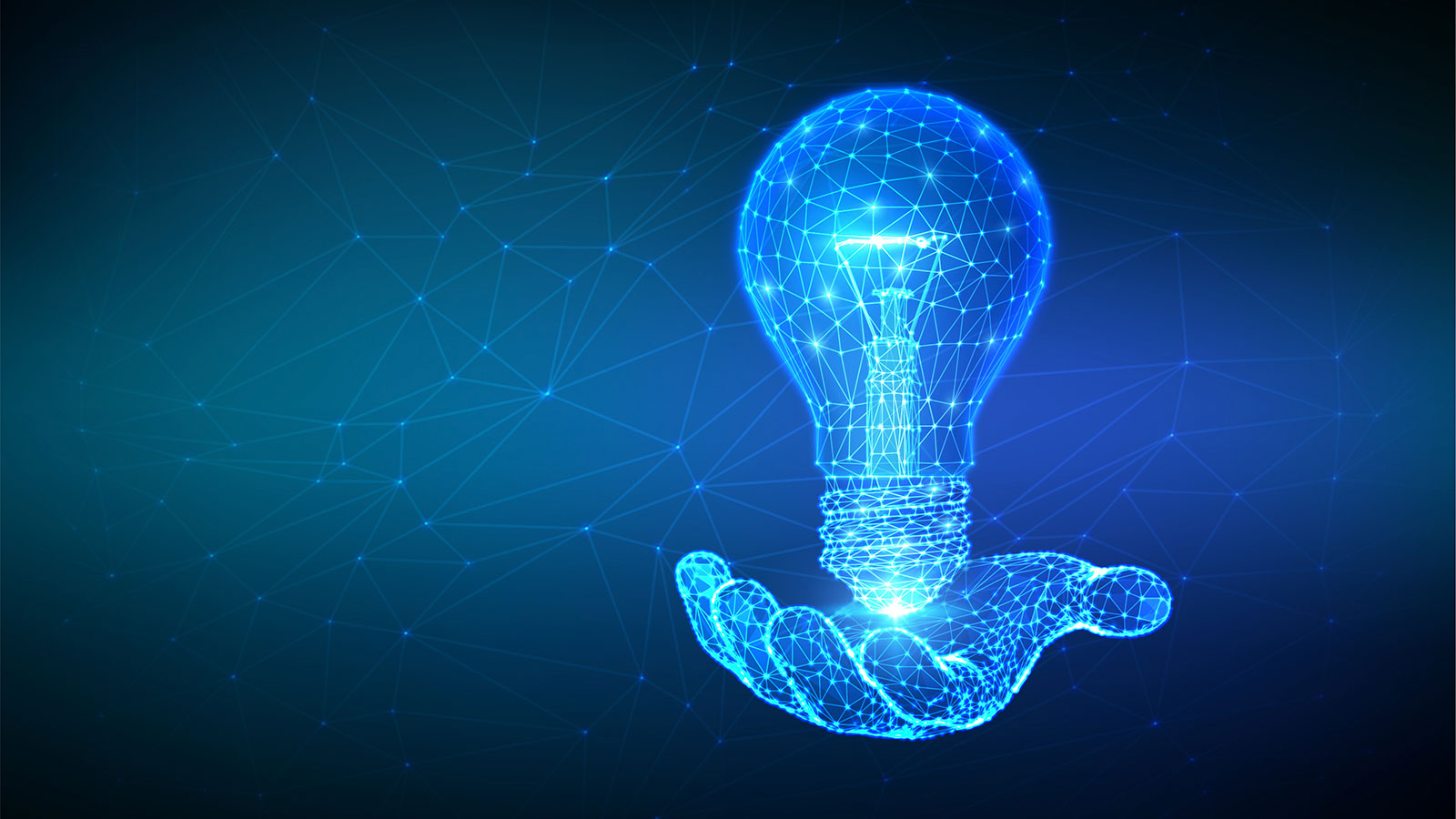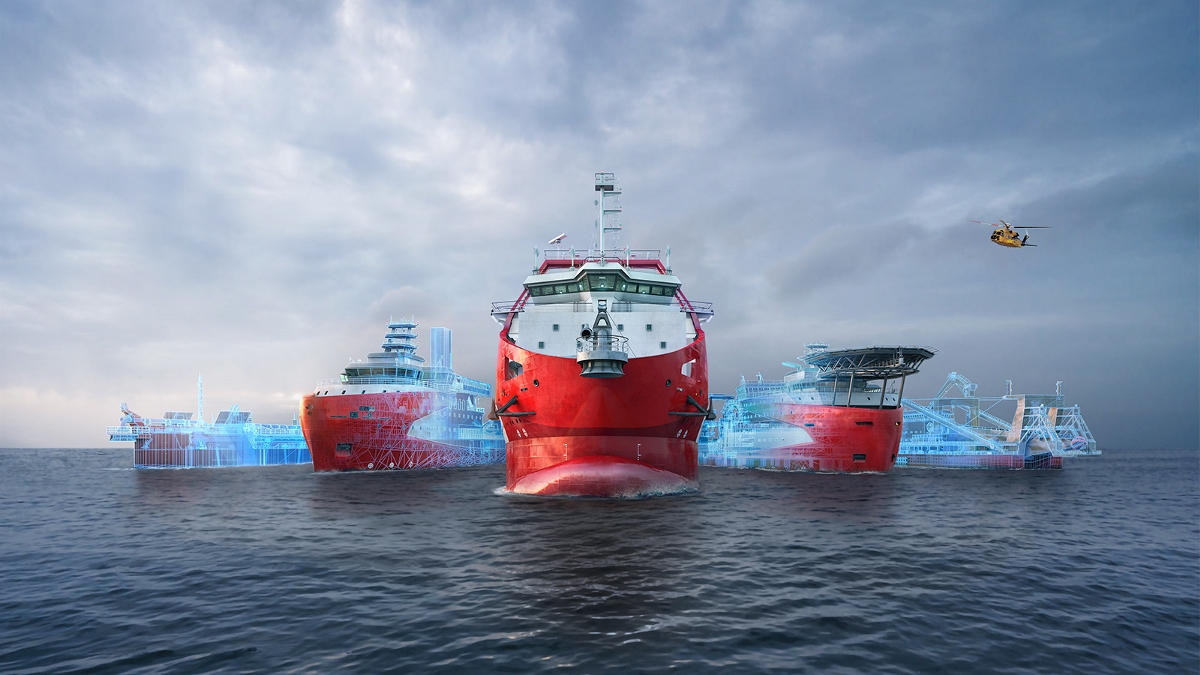Smooth operator: how to handle the digital transformation process

Offering someone a new digital tool such as an app is fun, but the real test of success is whether it gets used in the long term. Ensuring that it’s also used effectively has a major impact on an operation. Facilitating and guiding this is crucial in the operational phase of IHC’s digital development process.
The people behind the products
In our previous innovation blogs, we discussed the first two steps in this process. Firstly, Laura Zwaan wrote about cooperating closely with customers to understand their problems, and start to ideate about how to help them.
Then, Arjan van Limborgh talked about prototypes and developing a solution as quickly as possible. This allows the customer to use it and give you their feedback, meaning that you can make a product a reality more rapidly. However, this is not the end but rather the beginning of the journey.
After the development of the minimum viable product (MVP) has been completed, the operational phase begins and we switch our focus to having the customer on board. This phase is central to any digital transformation and facilitating this process internally is all about working with people.
In preparation, we have to think about who will be behind the app. While one team operates the processes integral to the app, another has access to a large volume of data. This allows us to develop further insights that can be delivered to the customer.
Helping a team to support new processes requires the usual change management approach, as with any other project. But making a team look at new data and produce useful insights is different. To make this happen, we must move from being reactive to proactive.
Proactive, not reactive
The maritime industry has long been a stable environment. However, factoring in changes in other industries, the integration of supply chains, and the regulatory environments in different countries, a higher level of complexity becomes inevitable.
Our customers now need to report on their carbon footprints and comply with a wide range of security regulations. So, when IHC Digital Business delivers a solution, we have an entire team ready to work with and analyse new data.
It is up to our people to organise this information in the right way in order to make sense of it for the customer, and discuss with them the right approach to make best use of the data.
The challenge is to teach our people both the technical skills (for example, building a dashboard) and soft skills that will help them to analyse not only the product, but also the customer. So, what is the size of their business? Are there any logistics restrictions that make their activities more difficult? And how can we better support them in the long term?
To answer these questions, an engineer must truly get to know a customer. Because this type of information is ‘live’, we show them how to find it and obtain the insights they need. In this respect, we are not teaching technical matters, but instead how to create operational improvements.
Deriving maximum value
Therefore, the digital transformation requires a different way of working. As such, we anticipate when our customer needs information, we know where they are operating and for how long, as well as the environmental conditions. This high-level knowledge allows us to deliver tailor-made advice, and help our customers create a leaner organisation using new digital services.
As an example, let’s imagine a dredging company running projects across a certain country. And to support this, they have engineers visiting clients to evaluate work and offer advice. This is precisely the type of situation for which IHC’s IRIS (Integrated and Remote Intelligence Solution) was launched. It monitors fuel consumption, dredging hours and other activities when the vessel is not in production.
By collecting data and other information directly from a PLC, daily reports can be created and completed by the engineer on a smartphone or tablet. Minutes after their shift ends, the management team can have all the information they need to make decisions on a daily, weekly or monthly basis.
IRIS also provides access to IHC Central Monitoring, where our specialists discuss business improvement strategies. Our solution allows companies to make better use of their personnel’s time, and engineers perhaps don’t even need to travel anymore.
This is because they have all the information at their fingertips. They can analyse IRIS reports in an office and speak to our specialists about new, more effective strategies. This is a monumental change in the way that a company is run.
A learning process
The business benefits are clear. Not only are the risks and costs reduced, but a continuous learning process can be instigated through interactions with IHC’s specialists. Employee satisfaction can also be increased, and significantly, vessel downtime can be reduced.
The continuous gains made in daily operations via an increased learning process delivers incredible value. To support this, the operational phase needs more than technical KPIs only.
The business model demands new KPIs that will provide further insights about how the ‘new normal’ is being handled. For example, are our teams making more calls to customers? Are customers demanding additional training? Are customers getting busier?
These are the type of KPIs that will be monitored during the operational phase, and are at the heart of what IHC wants to achieve with digital transformation. By helping our customers operate safely and grow their businesses, we can enhance the performance of our own products in parallel. Knowing this, we are already on our way to unlocking opportunities in this field.
Written by
Nelson Carmelino
Digital Product Owner

Stay up to date with the latest innovations
Wondering what we at Royal IHC are up to? Sign up for our newsletter where we highlight our latest innovations, new solutions and delve into market challenges.